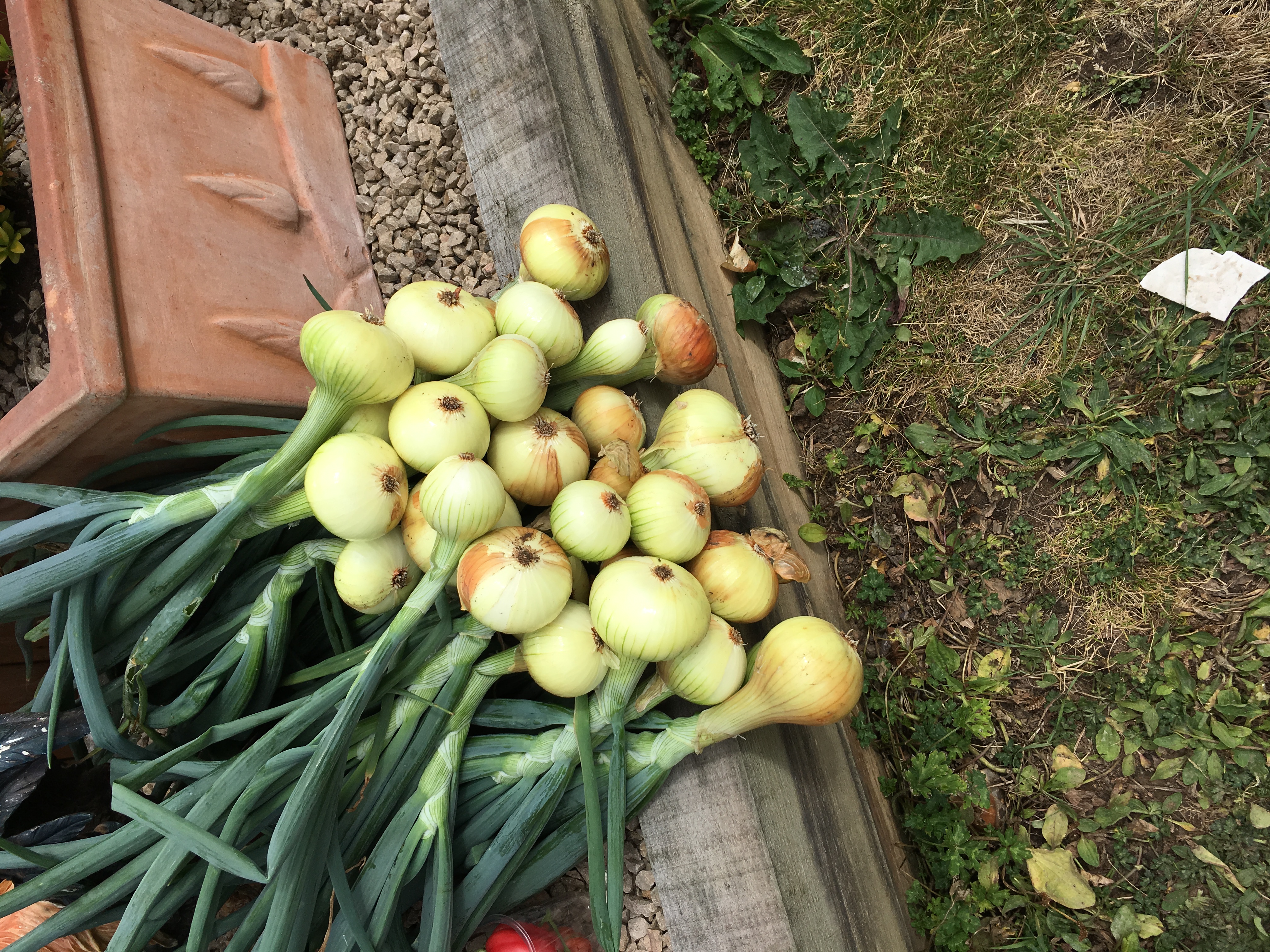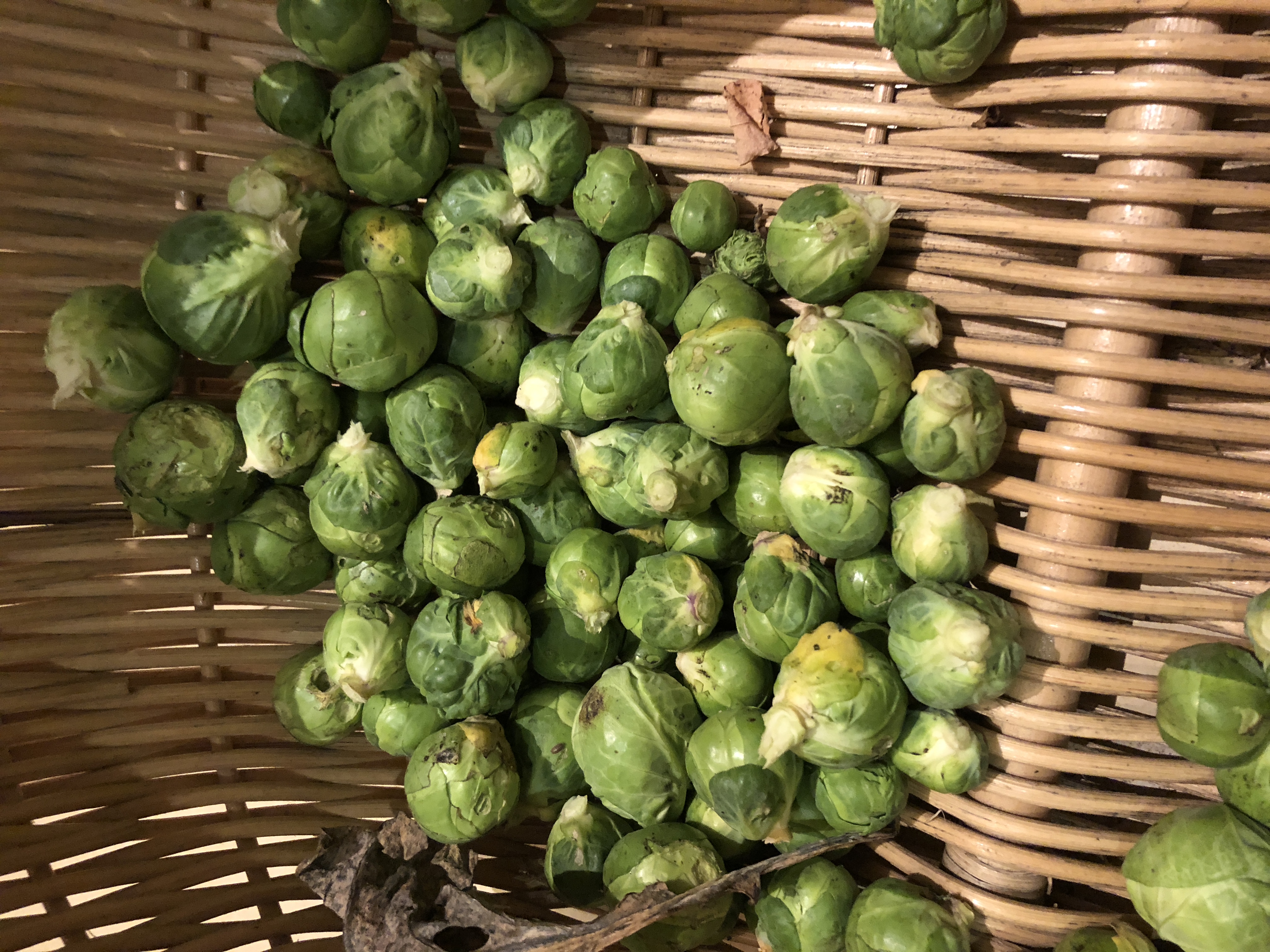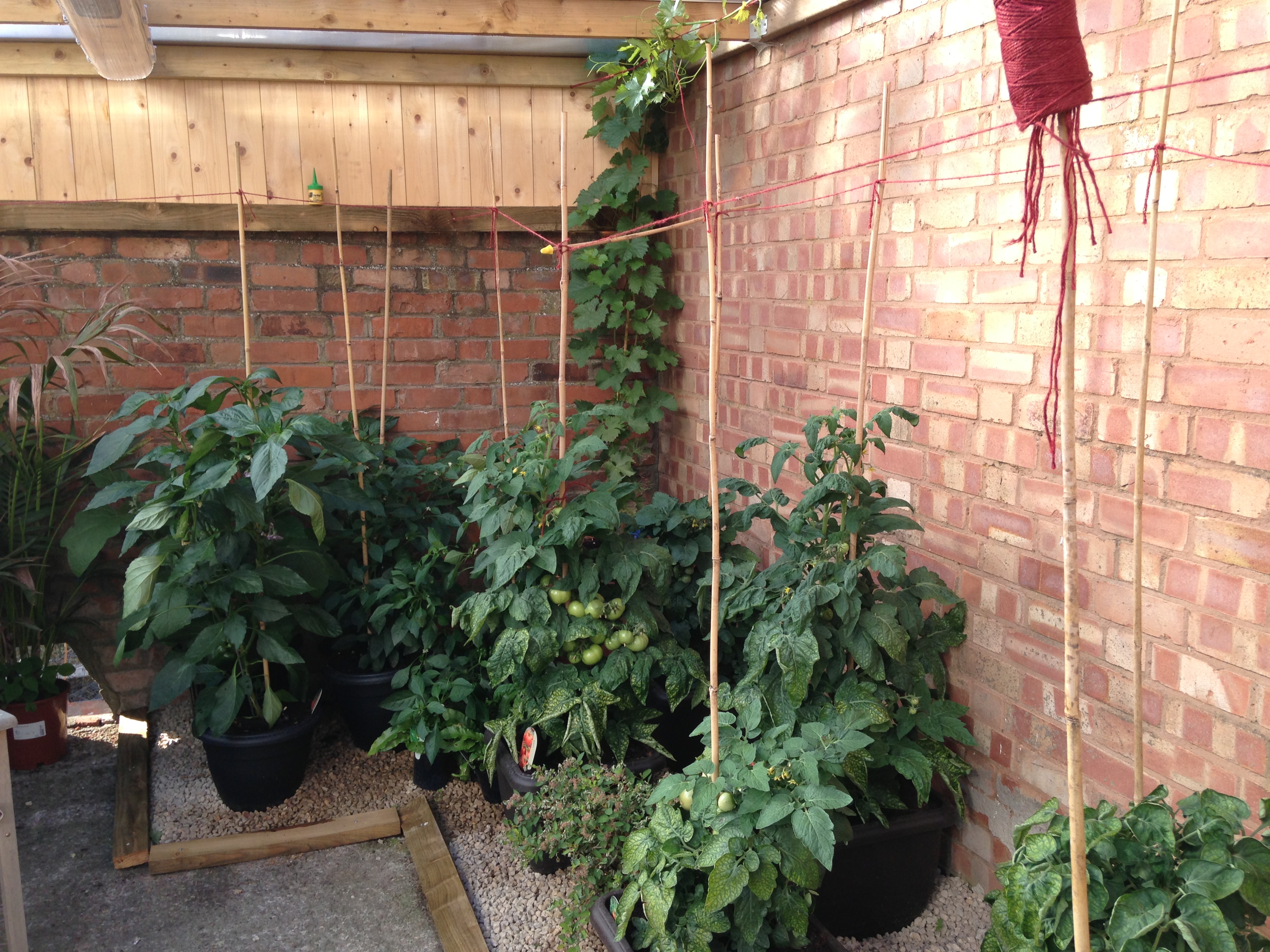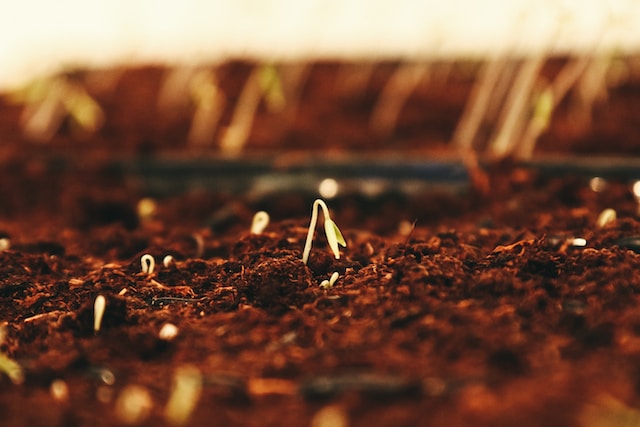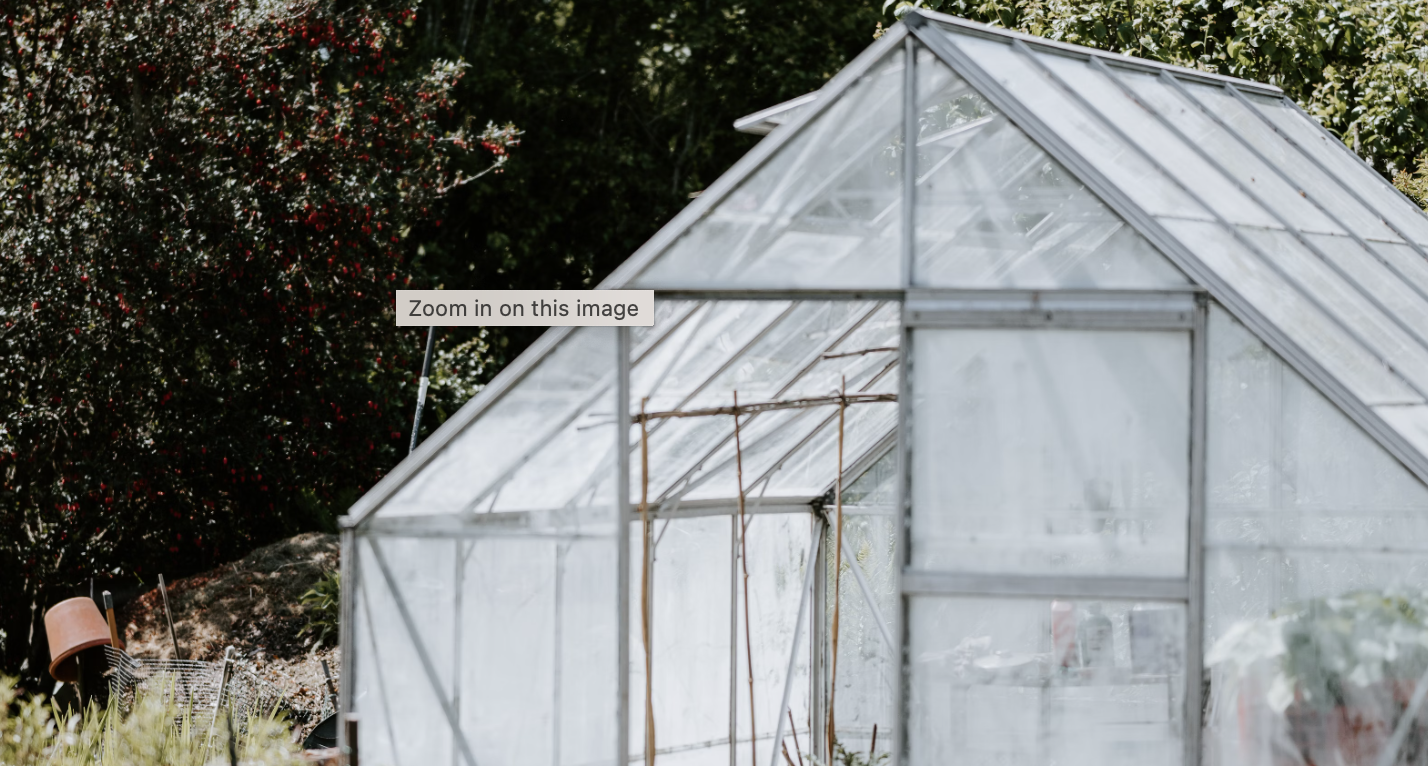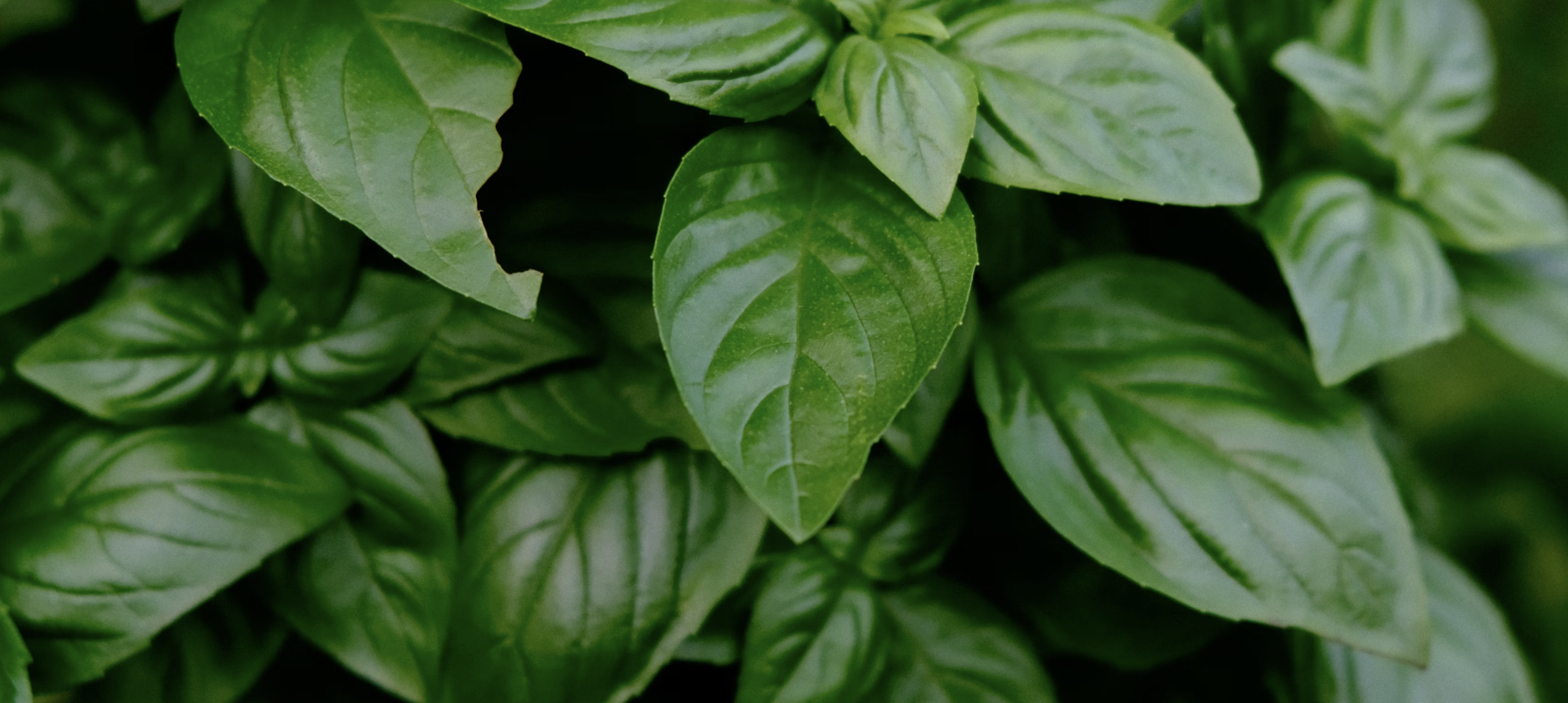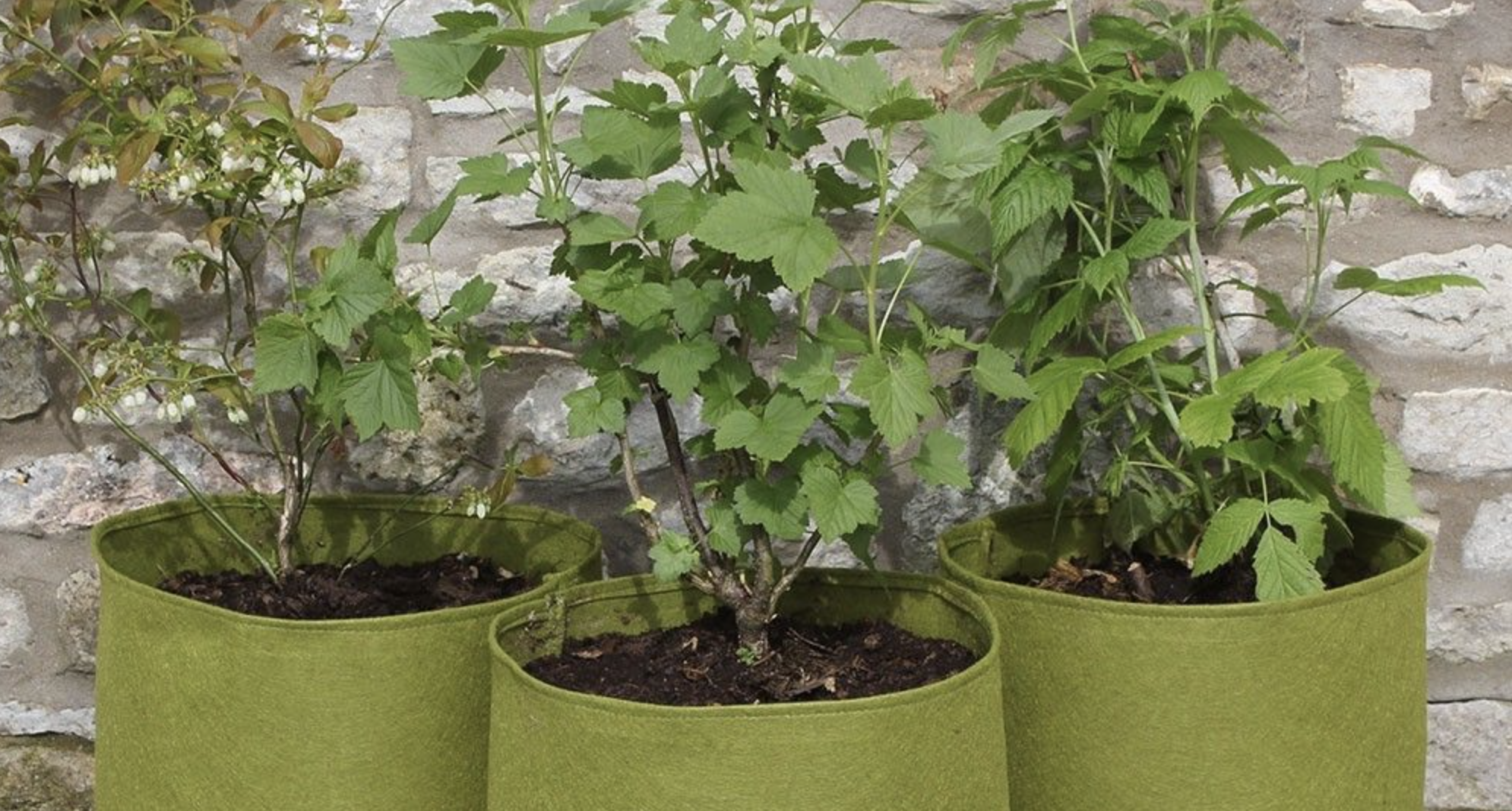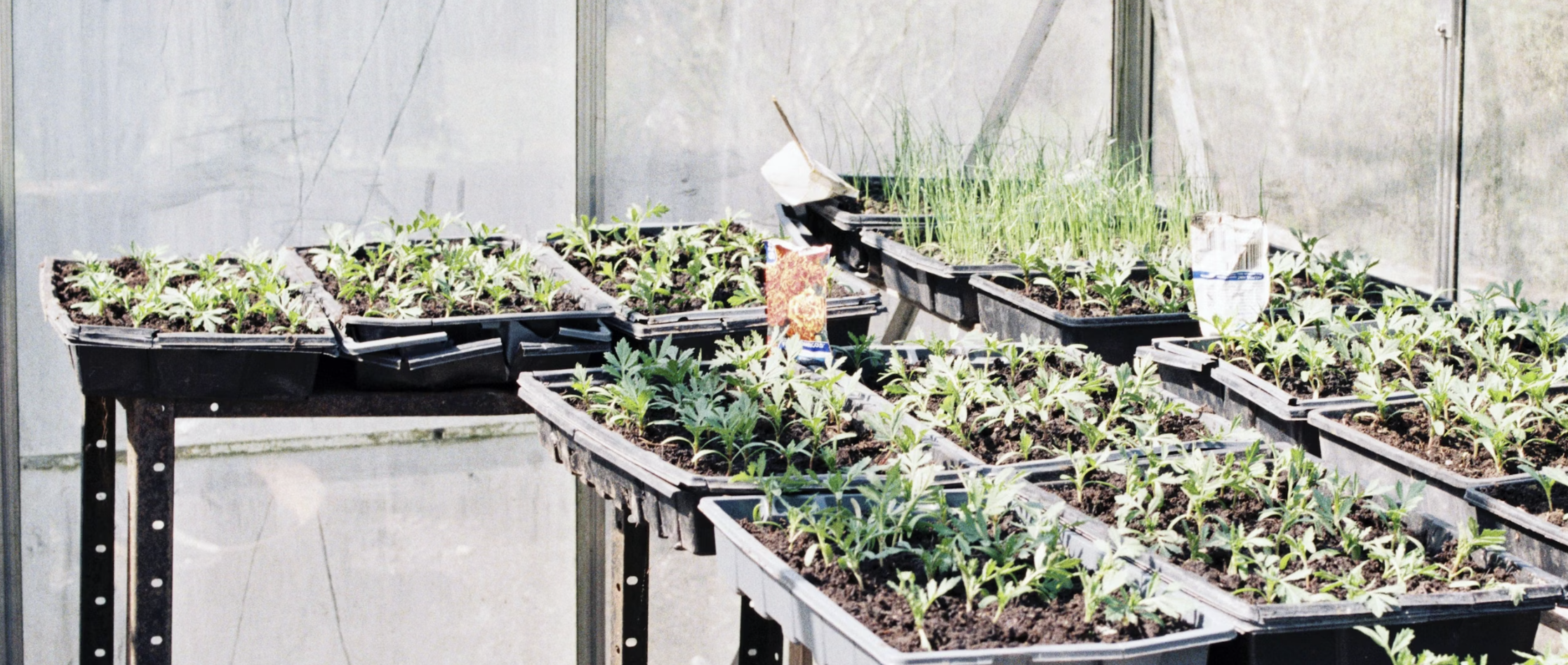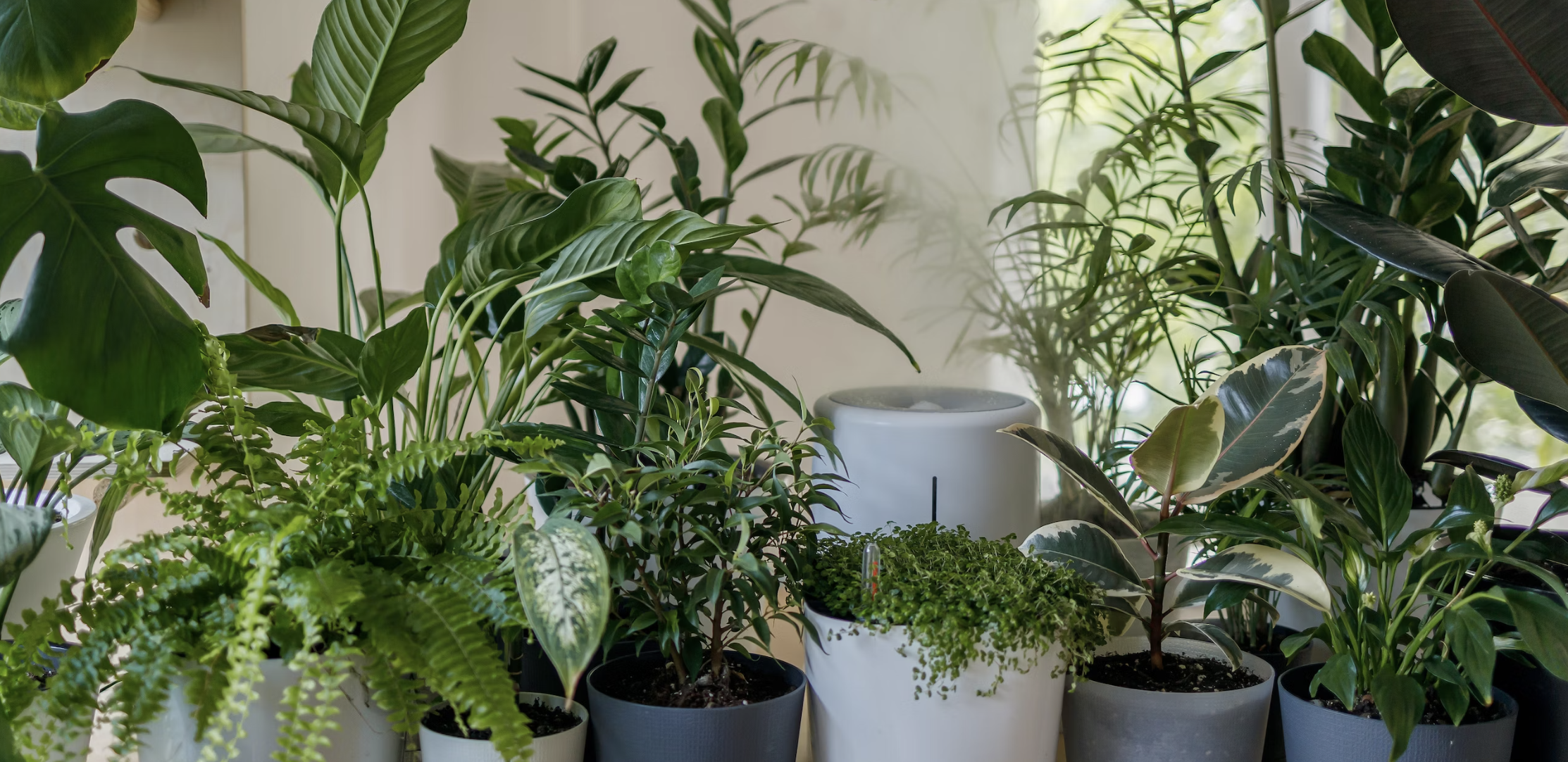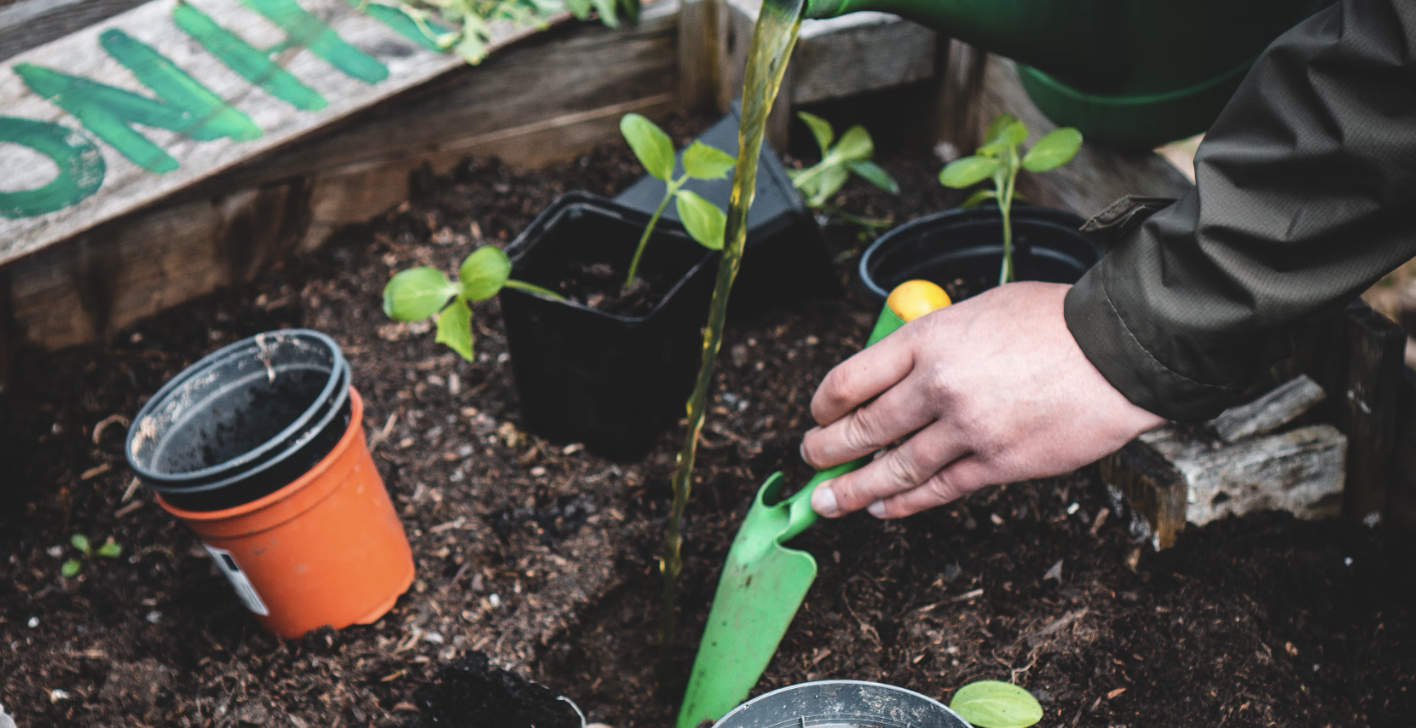
In today's fast-paced and increasingly digital world, many of us are seeking ways to reconnect with nature and improve our overall well-being. One way to achieve this is by growing your own vegetables in a home garden. Not only is it a rewarding and satisfying experience, but it also comes with numerous health benefits.
When you grow your own vegetables, you have complete control over what goes into your food. You can choose to grow organically, avoiding harmful pesticides and chemicals that are often found in store-bought produce. This means you can enjoy vegetables that are not only fresh and delicious but also packed with essential nutrients.
Additionally, gardening is a fantastic way to stay active and incorporate exercise into your daily routine. Digging, planting, weeding, and harvesting all require physical effort, helping to improve cardiovascular health and strengthen muscles. Not to mention the mental health benefits of being outdoors, surrounded by nature, and engaging in a calming and meditative activity.
So, whether you have a sprawling backyard or just a small balcony, starting your own vegetable garden can provide you with a host of health benefits that will nourish mind, body, and soul. It's time to grab your gardening tools and get growing!
The health benefits of growing your own vegetables
When you grow your own vegetables, you have complete control over what goes into your food. You can choose to grow organically, avoiding harmful pesticides and chemicals that are often found in store-bought produce. This means you can enjoy vegetables that are not only fresh and delicious but also packed with essential nutrients.
Homegrown vegetables have a higher nutritional value compared to store-bought ones. Commercially grown vegetables are often harvested before they are fully ripe and transported long distances, causing a loss of nutrients. By growing your own vegetables, you can pick them at the peak of ripeness, ensuring maximum nutrient content. This means you'll be getting the most vitamins, minerals, and antioxidants from your homegrown veggies, providing a significant boost to your overall health and immunity.
Nutritional advantages of homegrown vegetables
In addition to the health benefits, home gardening also has a positive impact on the environment. When you grow your own vegetables, you reduce the demand for commercially grown produce, which often requires extensive land use, excessive water consumption, and the use of synthetic fertilizers and pesticides. By adopting sustainable gardening practices, such as composting, water conservation, and natural pest control methods, you can minimize your ecological footprint and contribute to a healthier planet.
Environmental benefits of home gardening
Gardening is not only beneficial for your physical health but also for your mental well-being. Spending time outdoors in nature has been proven to reduce stress, anxiety, and depression. Gardening provides a sense of purpose and accomplishment as you nurture and watch your plants grow. It allows you to disconnect from technology and reconnect with the natural world, promoting relaxation and mindfulness. The act of gardening itself can be therapeutic, helping to improve mood and boost self-esteem. It's a wonderful way to escape the pressures of daily life and find solace in the beauty of nature.
Psychological benefits of gardening
Now that you understand the health benefits of growing your own vegetables, you may be eager to get started. Here are some tips to help you kickstart your home garden:
1. Choose the right location: Look for an area in your yard or balcony that receives adequate sunlight and has good drainage. Most vegetables require at least six hours of direct sunlight per day.
2. Prepare the soil: Ensure your soil is well-drained and rich in organic matter. You can improve the soil quality by adding compost or well-rotted manure.
3. Select the right vegetables: Consider the climate and growing conditions in your area when choosing which vegetables to grow. Some popular choices for beginners include tomatoes, lettuce, peppers, and herbs like basil and parsley.
4. Start with seeds or seedlings: Decide whether you want to start your plants from seeds or purchase seedlings from a local nursery. Seeds offer a wider variety, while seedlings provide a head start.
5. Provide proper care: Water your plants regularly, preferably in the morning or evening to avoid evaporation. Mulching around the plants can help conserve moisture and suppress weeds. Pay attention to any signs of pests or diseases and take appropriate action.
6. Harvest at the right time: Learn about the optimal harvest time for each vegetable. Overripe or underripe vegetables may not taste as good and may lack the full nutritional benefits.
Tips for starting your own home garden
To start your own home garden, you'll need a few essential tools and equipment to make the process easier and more efficient:
1. Garden gloves: Protect your hands from dirt, thorns, and sharp objects.
2. Garden trowel: A small handheld tool for digging and planting.
3. Pruning shears: Used for trimming and pruning plants.
4. Watering can or hose: Ensure your plants receive adequate water.
5. Garden fork or spade: For turning and aerating the soil.
6. Garden rake: Used for leveling the soil and removing debris.
7. Plant markers: Keep track of the different plants in your garden.
Choosing the right vegetables for your garden
Once your home garden is up and running, it's important to maintain and care for it to ensure optimal growth and productivity. Here are some key tasks to keep in mind:
1. Regular watering: Water your plants consistently, taking into account the specific water requirements of each vegetable.
2. Weeding: Remove weeds regularly to prevent them from competing with your plants for nutrients and sunlight.
3. Fertilization: Apply organic fertilizers or compost to provide essential nutrients to your plants.
4. Pest control: Monitor your plants for signs of pests and diseases. Use natural pest control methods whenever possible to avoid harmful chemicals.
5. Pruning and trimming: Prune your plants as needed to promote healthy growth and remove any dead or diseased parts.
Essential tools and equipment for home gardening
Starting your own vegetable garden at home is a wonderful way to improve your overall health and well-being. Not only will you have access to fresh, nutritious produce, but you'll also enjoy the physical and psychological benefits of gardening. By minimizing your ecological footprint and connecting with nature, you'll create a sustainable and fulfilling hobby that nourishes both your body and soul. So, grab your gardening tools, get your hands dirty, and experience the joys of growing your own vegetables. Happy gardening!
As a highly skilled assistant specializing in copywriting and content writing, I hope this blog article provides valuable insights into the incredible health benefits of growing your own vegetables in a home garden. If you need any further assistance or have any other digital marketing needs, feel free to reach out. I'm here to help!
Maintaining and caring for your home garden
In today's fast-paced and increasingly digital world, many of us are seeking ways to reconnect with nature and improve our overall well-being. One way to achieve this is by growing your own vegetables in a home garden. Not only is it a rewarding and satisfying experience, but it also comes with numerous health benefits.
When you grow your own vegetables, you have complete control over what goes into your food. You can choose to grow organically, avoiding harmful pesticides and chemicals that are often found in store-bought produce. This means you can enjoy vegetables that are not only fresh and delicious but also packed with essential nutrients.
Additionally, gardening is a fantastic way to stay active and incorporate exercise into your daily routine. Digging, planting, weeding, and harvesting all require physical effort, helping to improve cardiovascular health and strengthen muscles. Not to mention the mental health benefits of being outdoors, surrounded by nature, and engaging in a calming and meditative activity.
So, whether you have a sprawling backyard or just a small balcony, starting your own vegetable garden can provide you with a host of health benefits that will nourish mind, body, and soul. It's time to grab your gardening tools and get growing!
Conclusion: Embracing the health benefits of home gardening
Having the right tools and equipment is essential for successful home gardening. Here are some of the must-haves:
1. Gardening Gloves
Gardening gloves protect your hands from cuts, blisters, and exposure to harmful substances. They provide a barrier between your skin and the soil, preventing the transfer of bacteria and fungi.
2. Hand Trowel
A hand trowel is a small, handheld garden tool that is used for digging small holes, transplanting seedlings, and removing weeds. It's versatile and easy to use, making it a must-have for any home gardener.
3. Watering Can or Hose
Watering your plants is crucial for their growth and survival. A watering can or hose with a nozzle attachment allows for precise and controlled watering, ensuring your plants get the right amount of water without wasting any.
4. Pruning Shears
Pruning shears are used to trim and shape plants, remove dead or damaged branches, and harvest fruits and vegetables. They come in various sizes and designs, so choose one that is comfortable to hold and suits your gardening needs.
5. Garden Rake
A garden rake is used to level the soil, remove debris, and spread mulch. It's an essential tool for maintaining a healthy and tidy garden.
6. Garden Fork
A garden fork is ideal for loosening compacted soil, turning compost, and digging up root vegetables. It helps improve soil aeration and drainage, which is crucial for plant health.
7. Plant Labels
Plant labels are useful for keeping track of the different types of plants in your garden. They can be made of plastic, wood, or metal and are essential for organizing your garden and remembering planting details.
These are just a few of the essential tools and equipment you'll need for home gardening. Investing in high-quality tools will make your gardening experience more enjoyable and efficient.




